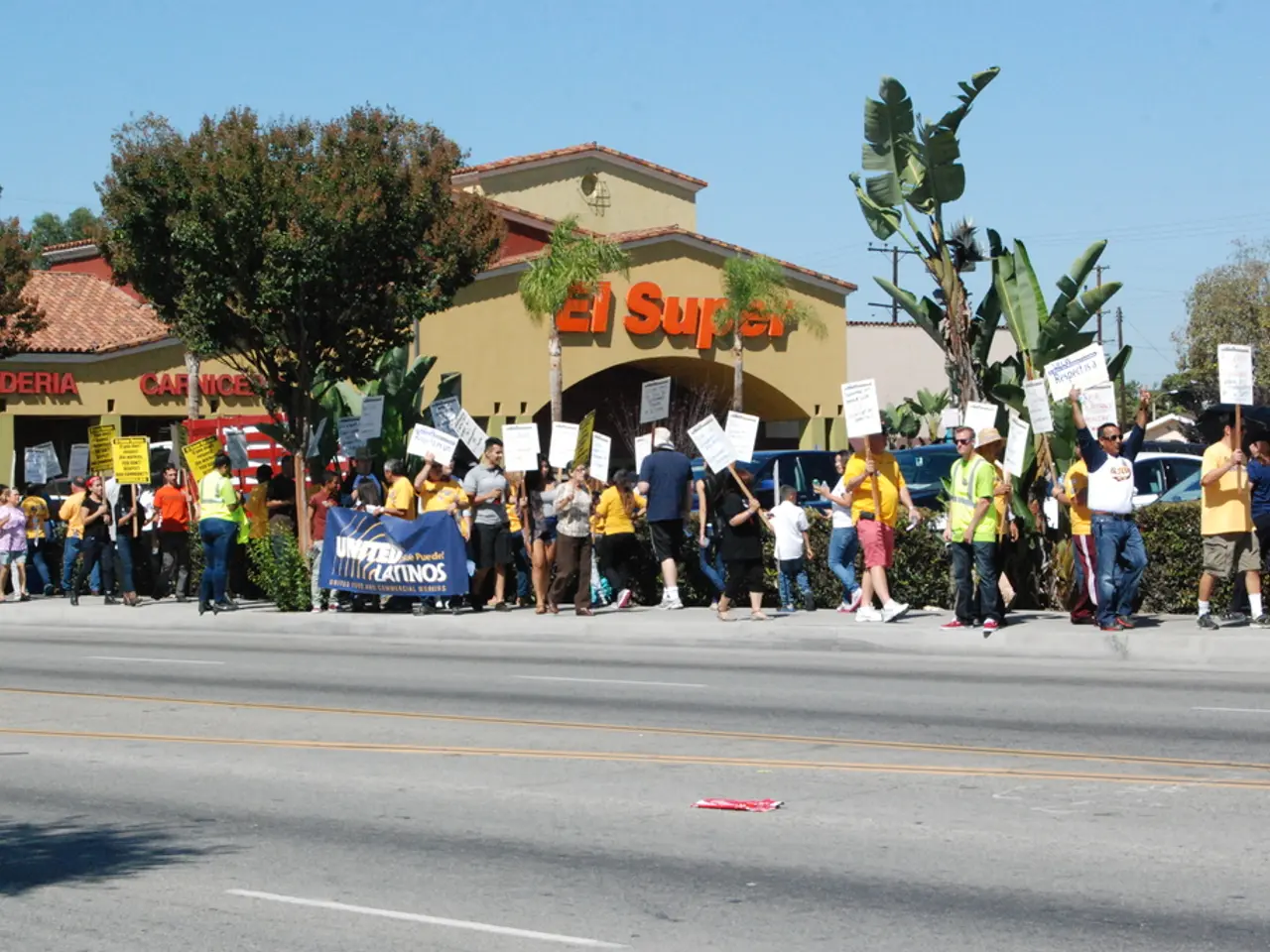Political Narrative Building Through Personal Testimonies in Electoral Battles
In the dynamic world of politics, the art of storytelling has become a crucial tool for candidates seeking to connect with voters on a deeper level. From social media platforms to speeches, personal narratives are being leveraged to build memorable, emotional connections that transcend political divides.
Sharing personal stories allows candidates to humanize themselves, making them more relatable to voters. By revealing their experiences, candidates can demonstrate that their policies and campaign messages are rooted in their lives, boosting their credibility and authenticity. This approach, as demonstrated by candidates like Uwe Wegner, who gained 19.45% of votes in his district, significantly above his party’s overall result, can be highly effective.
Personal narratives can resonate with voters on an emotional level, making them feel connected to the candidate and the issues they are fighting for. This emotional resonance can sway swing voters, making candidates appear more genuine and values-driven.
The digital age has further amplified the power of personal stories in politics. Video, in particular, allows for emotional nuance to be conveyed, making stories more memorable and impactful. Candidates can be trained in storytelling through message workshops, speechwriting support, rehearsal, and on-camera training to ensure their stories are told effectively.
Campaigns often test narratives through focus groups or A/B testing to find which stories resonate most. Successful political campaigns, such as those of Barack Obama, are characterised by their ability to weave a narrative that captures the imagination of voters.
Moreover, personal storytelling can help reduce negativity by focusing on human experiences that transcend political divides. By sharing their personal stories, candidates can inspire voters to take action, connecting with their supporters and creating a sense of hope.
Personal stories can also be used strategically in attack or contrast ads to draw subtle contrasts between candidates' values without resorting to direct negativity. Sharing personal experiences helps voters see candidates as real people, inspiring them to take action.
In conclusion, the art of storytelling plays a pivotal role in modern politics. By sharing their personal stories, candidates can build stronger emotional connections with voters, stand out from their competitors, and humanize themselves, making them more relatable and trustworthy.
Read also:
- Ex-U.S. Chief of Staff Issues Alert Regarding Revival of Measles and Related Diseases
- CBD and Marijuana as Potential Treatments for Migraines and Headaches?
- Kamala Harris announces her ongoing political plans-for the present time
- Genetic Rarity Explored: Insights into Science, Struggles, and Misconceptions Surrounding Albinism




